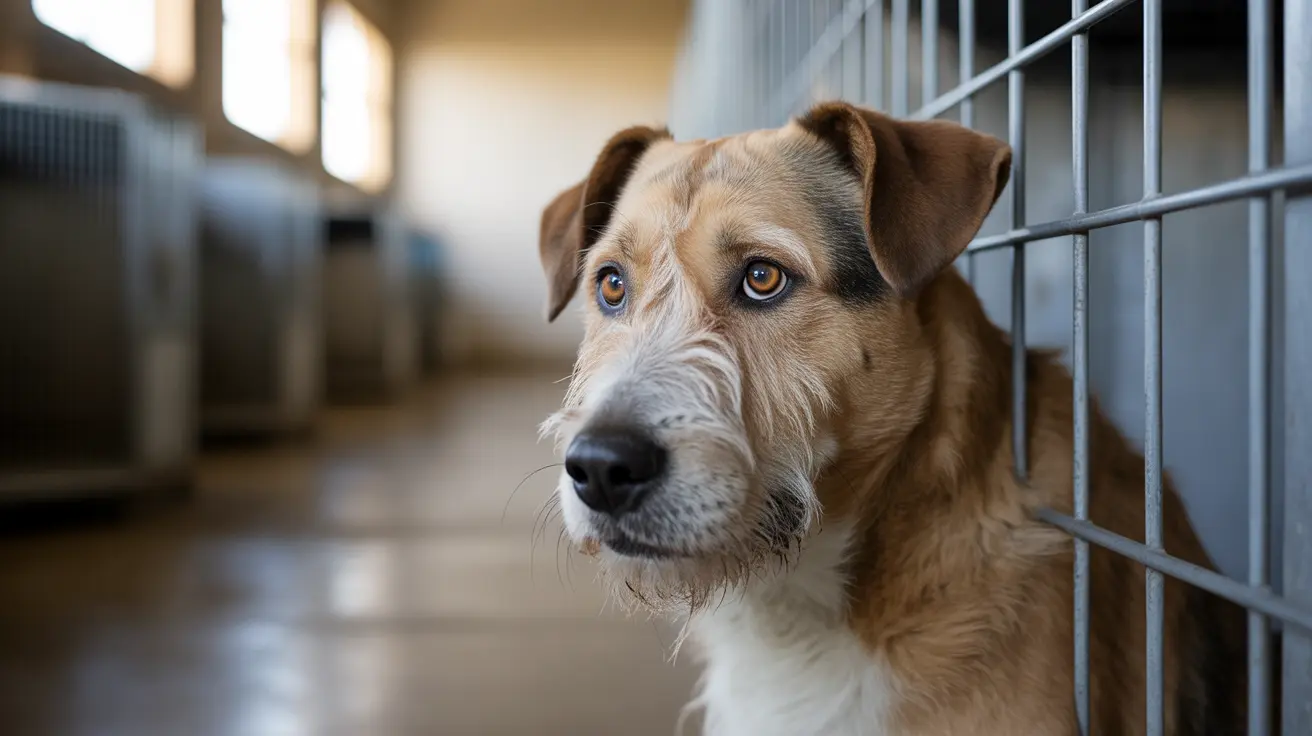While cats have a reputation for being independent creatures, the reality of their social needs is more complex than many pet owners realize. Understanding whether cats truly like being alone is crucial for providing the best care for our feline companions and ensuring their emotional well-being.
Research shows that although cats descended from solitary hunters, domestication has significantly altered their social preferences. Modern house cats often form strong bonds with their human families and may experience distress when left alone for extended periods.
The Truth About Feline Independence
Cats maintain a unique balance between independence and social needs. While they don't require constant attention like many dogs, they still benefit from regular interaction and companionship. Their independent nature stems from their ancestral roots as solitary hunters, but thousands of years of domestication have created animals that genuinely enjoy and even rely on human company.
Most adult cats can manage well when left alone for up to 24 hours, provided they have access to essential resources like food, water, and clean litter boxes. However, this doesn't mean they prefer or thrive in solitude.
Understanding Your Cat's Social Requirements
Every cat has unique social preferences influenced by factors such as:
- Breed characteristics
- Individual personality
- Age and health status
- Past experiences and socialization
- Environmental enrichment
Some breeds, like Siamese and Ragdolls, are known for being particularly social and may struggle more with extended periods of solitude. Other breeds might be more naturally independent but still benefit from regular interaction.
Signs Your Cat May Be Lonely
Cats communicate their emotional state through various behavioral changes. Watch for these indicators of loneliness:
- Excessive vocalization or crying
- Destructive behavior
- Changes in eating or sleeping patterns
- Inappropriate elimination
- Excessive grooming or lack thereof
- Clingy behavior when you're home
- Depression or lethargy
Creating a Cat-Friendly Environment for Solo Time
To help your cat cope better with alone time, consider implementing these strategies:
- Set up multiple engaging play stations
- Provide interactive toys and puzzle feeders
- Create vertical spaces with cat trees and window perches
- Leave calming music or pet-specific videos playing
- Install a pet camera for monitoring
- Consider automated feeders and water fountains
The Impact of Extended Solitude
While cats can manage short periods alone, prolonged isolation can lead to behavioral issues and emotional distress. Studies suggest that cats left alone for extended periods may develop separation anxiety or depression, manifesting in destructive behaviors or health problems.
Frequently Asked Questions
Do cats like being alone, or do they need companionship?
Cats appreciate a balance of alone time and companionship. While they can handle periods of solitude better than some pets, they still need regular social interaction for optimal emotional health.
How long can I safely leave my cat alone without causing loneliness or stress?
Most healthy adult cats can be left alone for up to 24 hours with proper provisions. However, younger, elderly, or special-needs cats require more frequent attention and supervision.
What are the signs of loneliness in cats, and how can I identify them?
Common signs include excessive vocalization, destructive behavior, changes in eating or litter box habits, over-grooming, and unusual clinginess when you're present.
How can I prevent my cat from feeling lonely when I'm away from home?
Provide environmental enrichment through toys, climbing spaces, and interactive feeders. Consider pet cameras, automated play devices, and regular check-ins from pet sitters for longer absences.
Are some cat breeds more prone to loneliness than others, and how can I care for them?
Yes, some breeds like Siamese, Ragdolls, and Maine Coons tend to be more social and may need extra attention. Research your cat's breed characteristics and adjust care accordingly.
Conclusion
While cats do appreciate their independence, they aren't purely solitary creatures. Understanding and respecting your cat's individual social needs while providing appropriate environmental enrichment and companionship will help ensure a happy, well-adjusted pet.
By recognizing the signs of loneliness and taking proactive steps to prevent it, you can create an environment that supports both your cat's independent nature and their need for social interaction.






